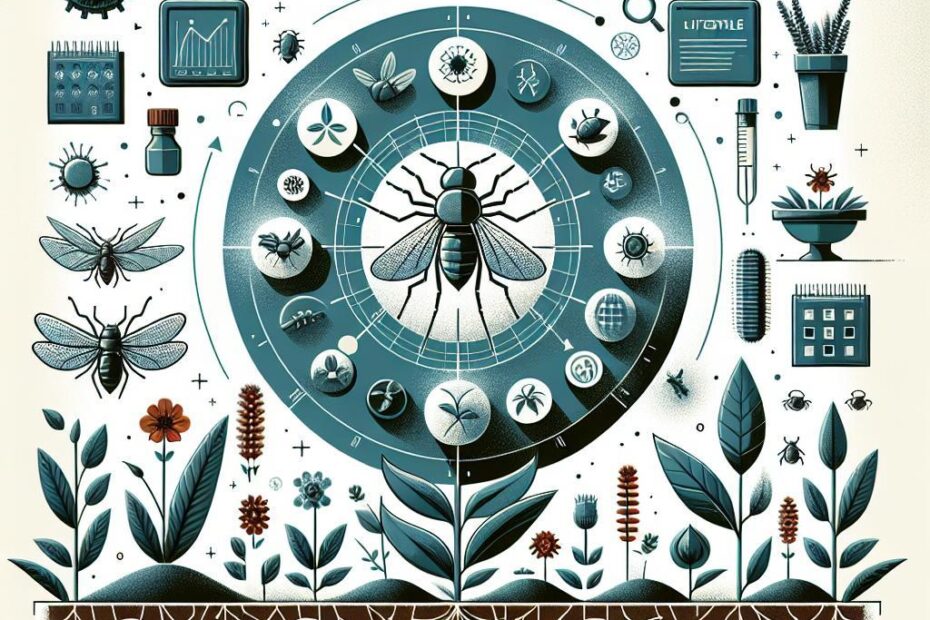How to Get Rid of Aphids in Soil: A Comprehensive Guide
Aphids are tiny insects that can wreak havoc on your plants by feeding on their sap and spreading diseases. If left untreated, aphids can quickly multiply and cause significant damage to your garden. While many people focus on treating aphids on leaves and stems, it’s also crucial to address aphids in the soil. In this article, we will explore effective methods for getting rid of aphids in soil to protect your plants and help your garden thrive.
Identifying Aphids in Soil
Before we delve into how to eliminate aphids in soil, it’s essential to know how to identify them. Aphids in soil are typically found in plant roots and can cause stunted growth, yellowing leaves, and overall poor plant health. Some common signs of aphids in soil include sticky honeydew residue, black mold growth, and the presence of the insects themselves.
Natural Ways to Get Rid of Aphids in Soil
-
Introduce Beneficial Insects: Ladybugs, lacewings, and predatory mites are natural predators of aphids and can help keep their population in check.
-
Neem Oil: Neem oil is a natural insecticide that can be effective in combating aphids in soil. Mix neem oil with water and apply it to the soil around the affected plants.
-
Diatomaceous Earth: Diatomaceous earth is a non-toxic powder that can help control aphids in soil by dehydrating them. Sprinkle diatomaceous earth around the base of plants to deter aphids.
-
Organic Insecticidal Soap: Organic insecticidal soap can be effective against aphids in soil. Mix the soap with water and apply it to the soil according to the product instructions.
Chemical Solutions to Control Aphids in Soil
-
Systemic Insecticides: Systemic insecticides are absorbed by the plant roots and can help control aphids in soil. However, use caution when using chemical solutions and follow the instructions carefully.
-
Granular Insecticides: Granular insecticides can be applied directly to the soil to kill aphids and prevent further infestations. Be sure to choose a product that is labeled for use on aphids in soil.
Practical Tips for Preventing Aphids in Soil
- Monitor Your Plants: Regularly inspect your plants for signs of aphids in soil and take action promptly if you notice any issues.
- Improve Soil Health: Healthy soil can help plants resist aphid infestations. Mulch, compost, and proper watering can promote soil health and discourage aphids.
- Rotate Crops: Rotating crops can help disrupt the lifecycle of aphids and reduce their population in soil over time.
Benefits of Eliminating Aphids in Soil
- Improved Plant Health: By getting rid of aphids in soil, you can help your plants thrive and reach their full potential.
- Prevent Disease Spread: Aphids can spread diseases among plants, so controlling their population in soil can help prevent the spread of diseases.
- Environmental Conservation: Using natural methods to control aphids in soil can help protect beneficial insects and promote a healthy ecosystem in your garden.
Conclusion
In conclusion, addressing aphids in soil is essential for maintaining the health of your plants and preventing further damage. By identifying aphids early, using natural and chemical solutions responsibly, and implementing preventive measures, you can effectively control aphid populations in soil and create a thriving garden. Remember to monitor your plants regularly, improve soil health, and take action promptly to keep aphids at bay. With these strategies in place, you can enjoy a beautiful and pest-free garden for years to come.
